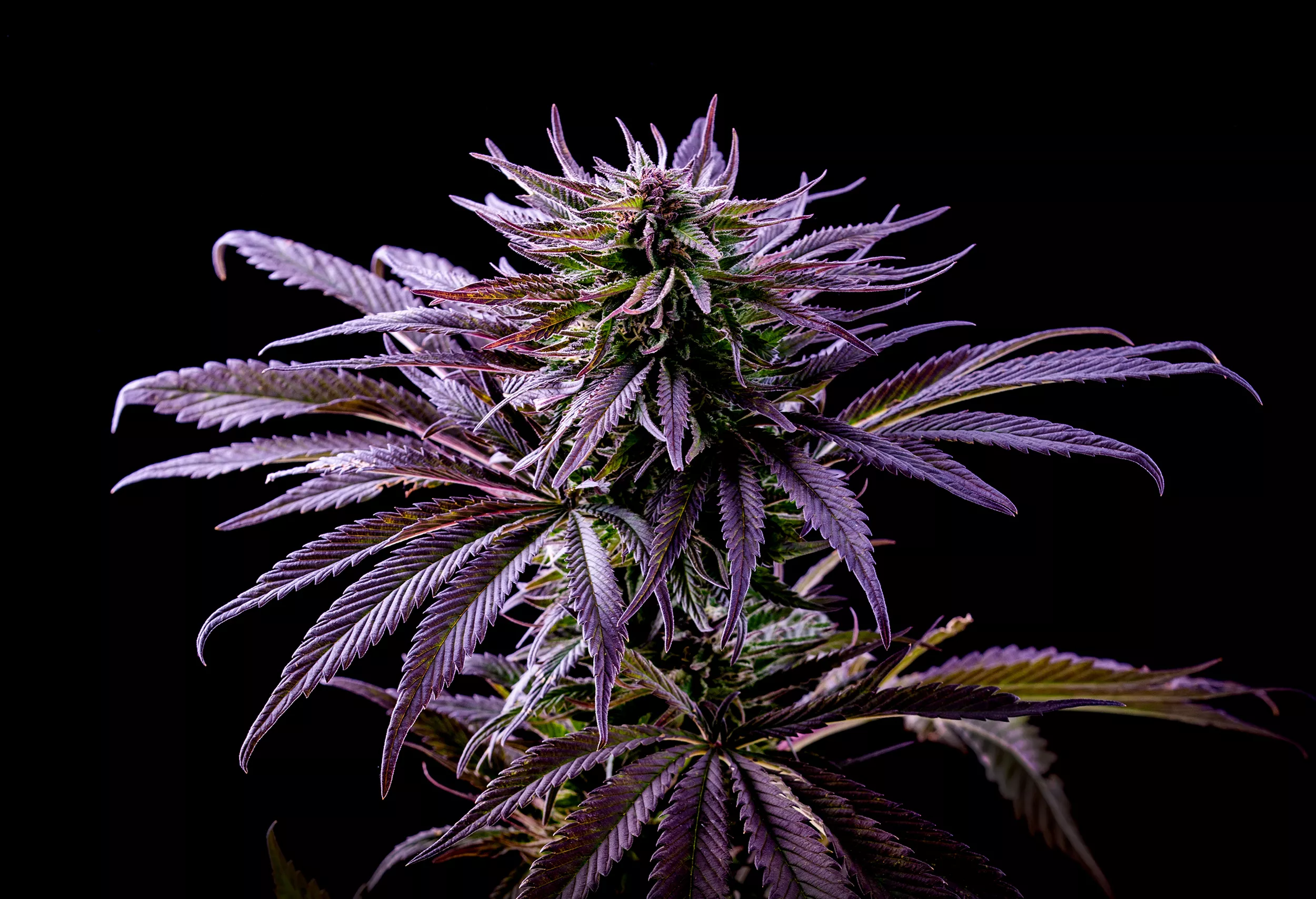A rigorous new research study has confirmed prior research findings: Cannabis legalization is not linked to an increase in violent crime, as prohibitionists often claim.
The study, conducted by researchers from Washington State University, Stockton University in New Jersey, and the University of Utah, examined 20 years worth of FBI crime statistics to determine whether violent crimes increased in states that legalized weed compared to states that did not. The results of this research, which was funded by a grant from the National Institute of Justice, were recently published in Justice Quarterly, a publication of the Academy of Criminal Justice Sciences.
“As the nationwide debate about legalization, the federal classification of cannabis under the Controlled Substances Act, and the consequences of legalization for crime continues, it is essential to center that discussion on studies that use contextualized and robust research designs with as few limitations as possible,” said Dale W. Willits, assistant professor of criminal justice and criminology at WSU and co-author of the study, according to Mirage News.
“This is but one study and legalization of marijuana is still relatively new, but by replicating our findings, policymakers can answer the question of how legalization affects crime,” Willits added.
Gallery — What If We Legalized All Drugs?
Researchers looked at data from the FBI Uniform Crime Report from 1999 to 2016 to determine monthly crime rates for Washington and Colorado, the first two states to fully legalize adult-use. This data was compared to data from 21 other states that continued to prohibit recreational cannabis use, and allowed only limited medical marijuana use, during that same time frame.
The study reports that the rates of violent and property crime in Colorado and Washington was the same, on average, as the 21 states that continued to prohibit cannabis use. Researchers note that in Washington, property crime, burglary, and aggravated assault actually did increase after voters approved the legalization ballot measure. But when the state’s weed stores finally opened for business, these rates dropped back to the national average.
“In many ways, the legalization of cannabis constitutes a grand ongoing experiment into how a major public policy initiative does or does not accomplish its expected outcomes,” said study co-author Ruibin Lu, assistant professor of criminal justice at Stockton University, SciTechDaily reports. “Given the likelihood of more states legalizing recreational marijuana, we felt it was important to apply robust empirical methods to parse out the effects of this action on crime in the first years after legalization.”
“I think it will be pretty clear evidence that, at a minimum, the sky isn’t falling,” Professor Willits told The Spokesman-Review. “We really need to see where this goes. Right now we said, no short-term effects. And that’s really all we can say with the data we have. But I wouldn’t feel comfortable saying, in 10 years, we won’t see some benefit or cost from this we didn’t anticipate.”
Numerous other studies are proving that the supposed link between legal weed and violent crime is nothing but a myth. A 2018 study actually found that many US states and counties were reporting reductions in violent crimes following legalization, and another study that same year linked medical marijuana legalization to a decrease in violent crimes along the US-Mexico border.
Other studies have found that cops solve more violent crimes in states with legal weed, that medical marijuana programs are linked to reductions in violent crime, and that legal pot shops do not increase crime, decrease property values, or increase teen pot use.











